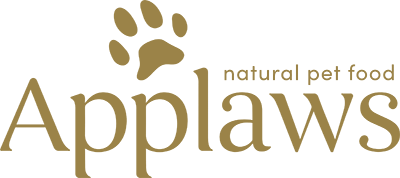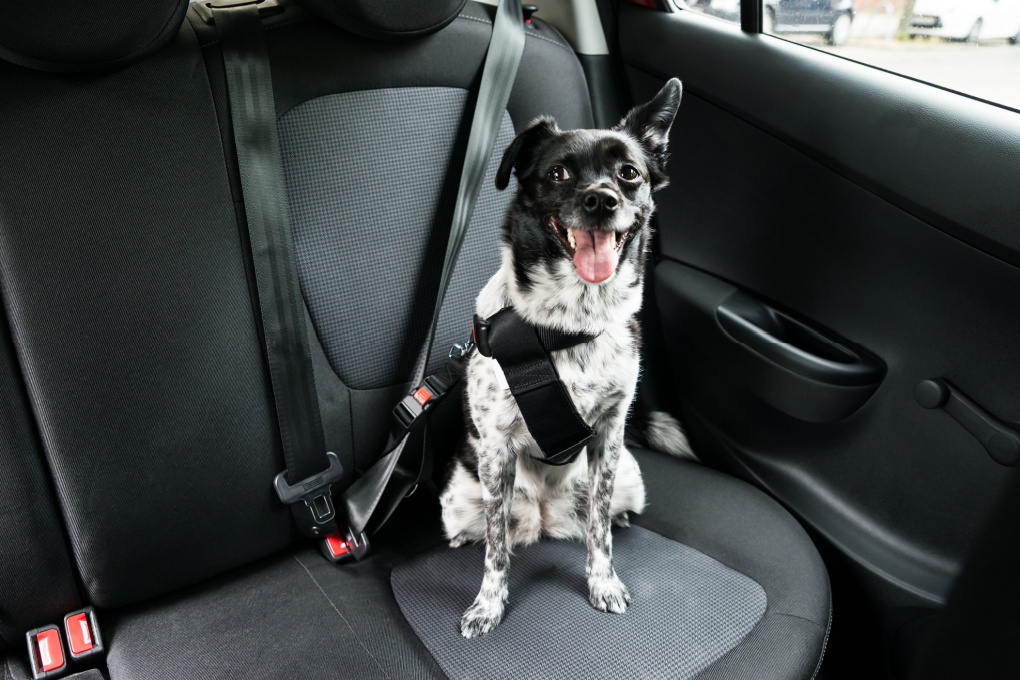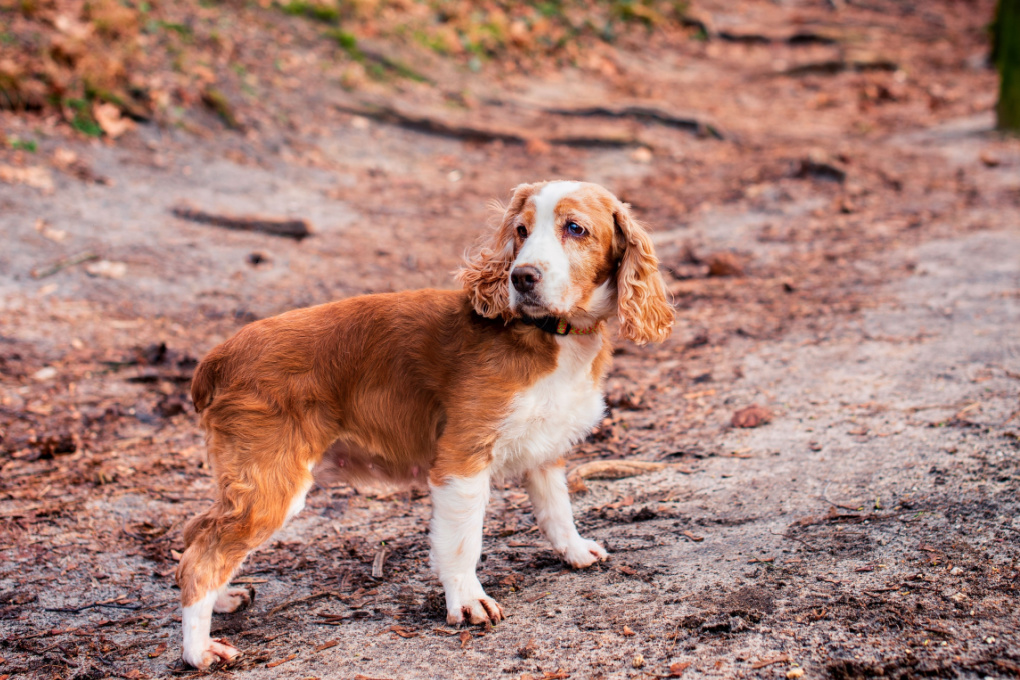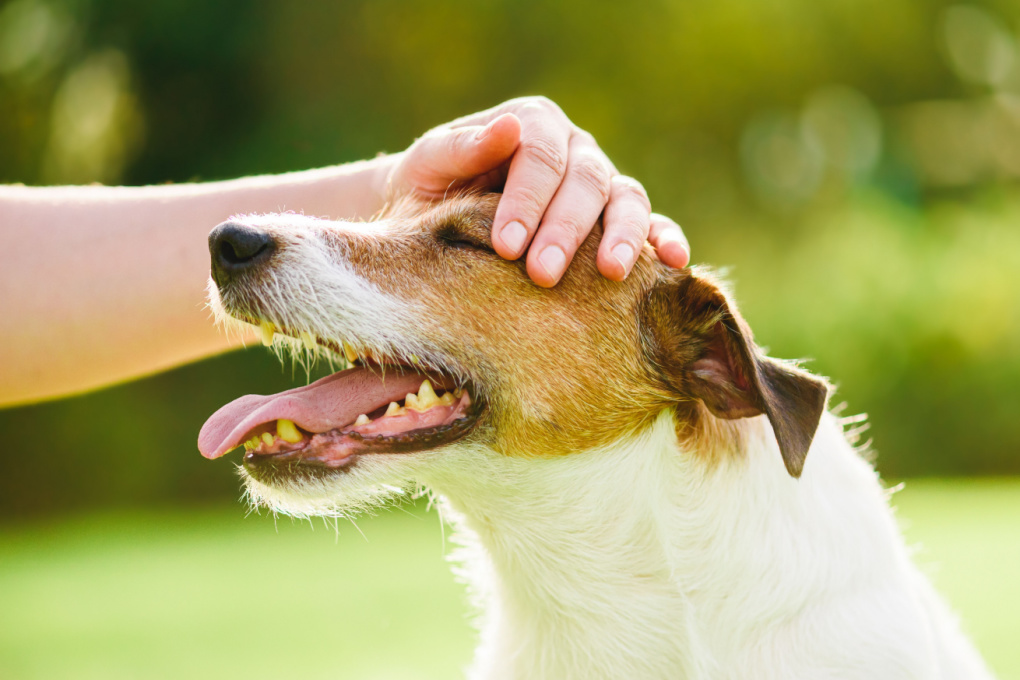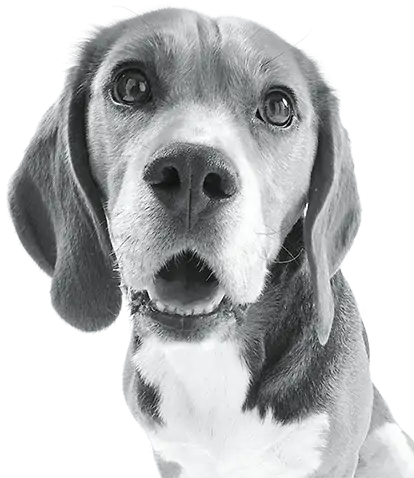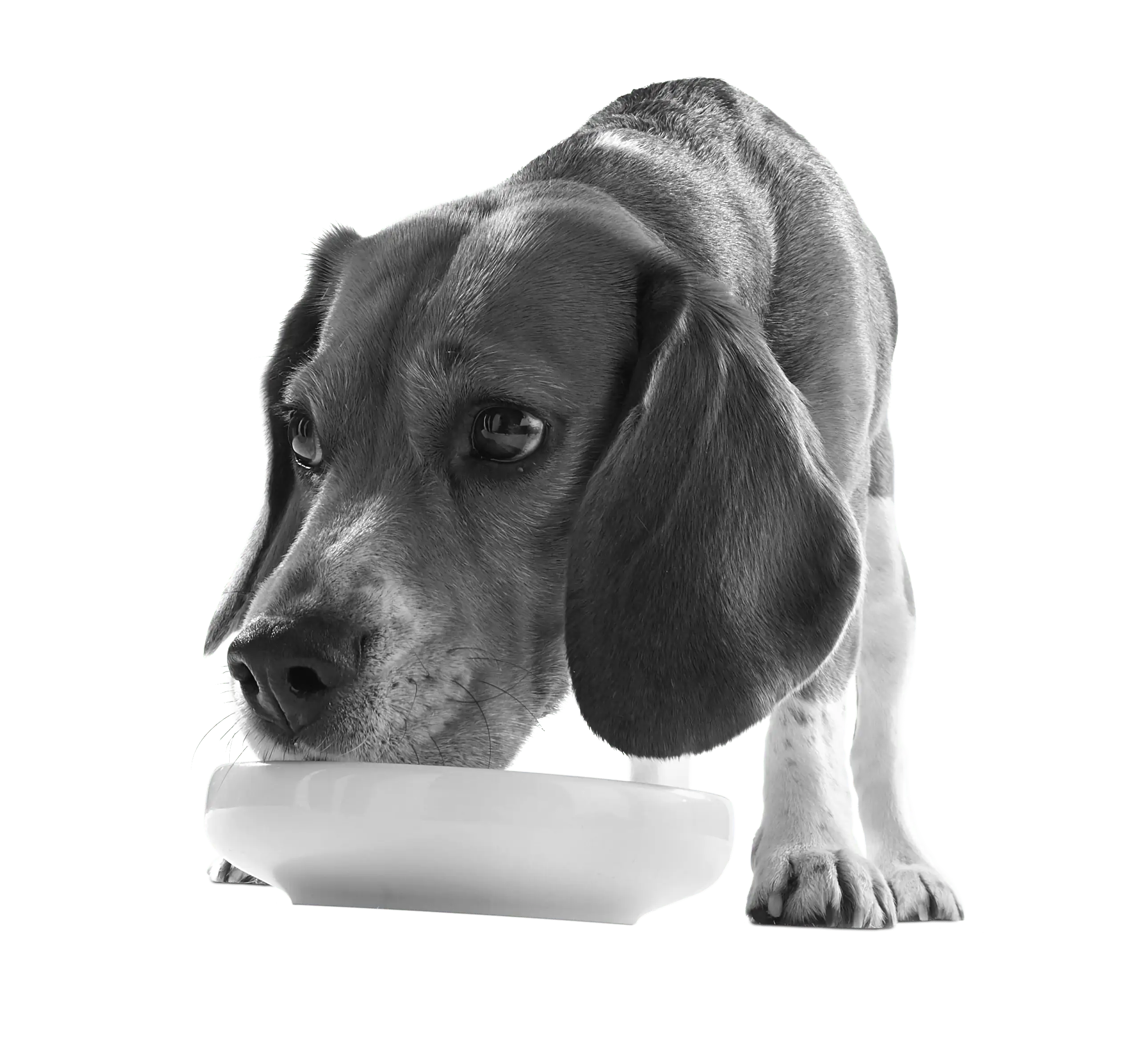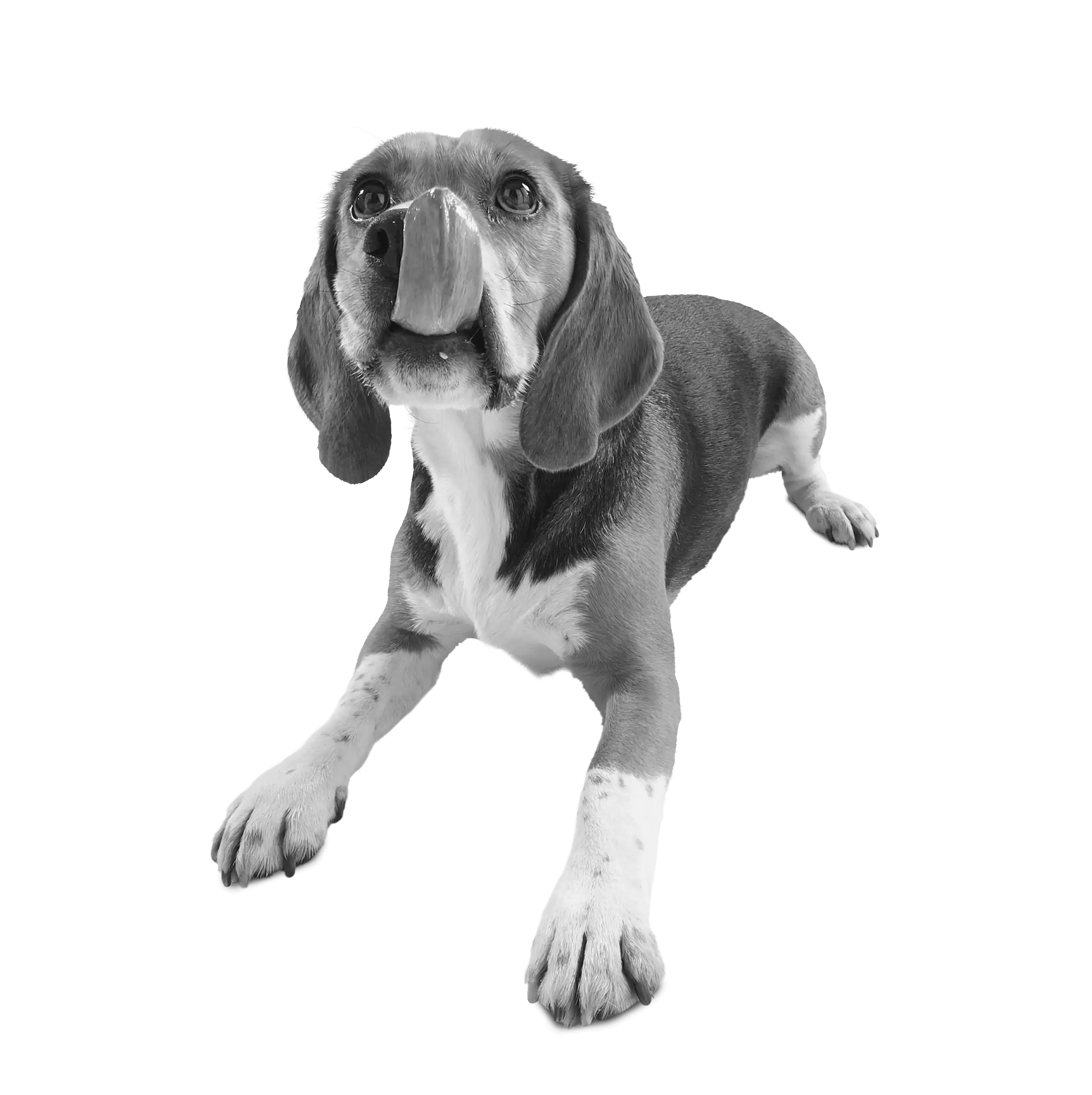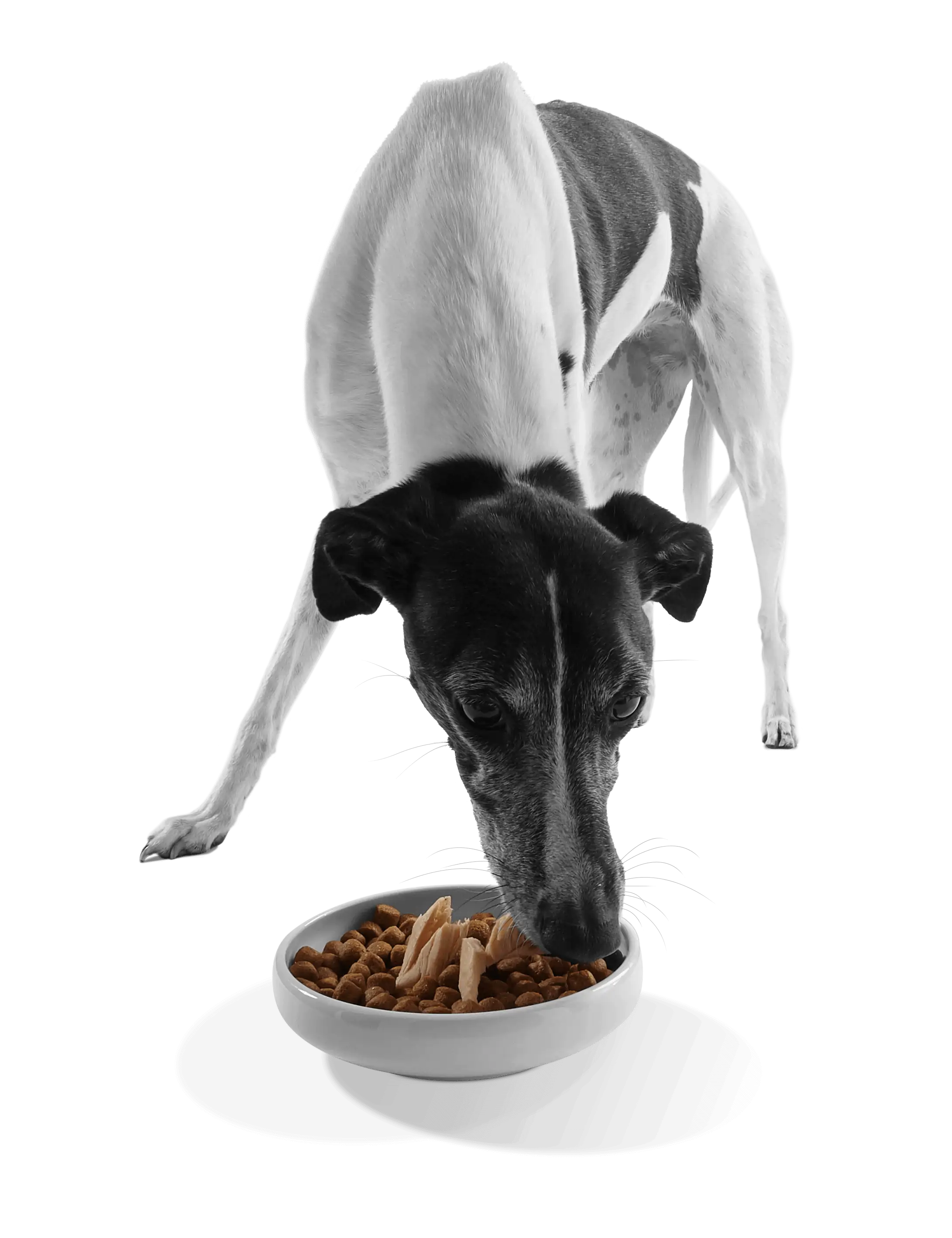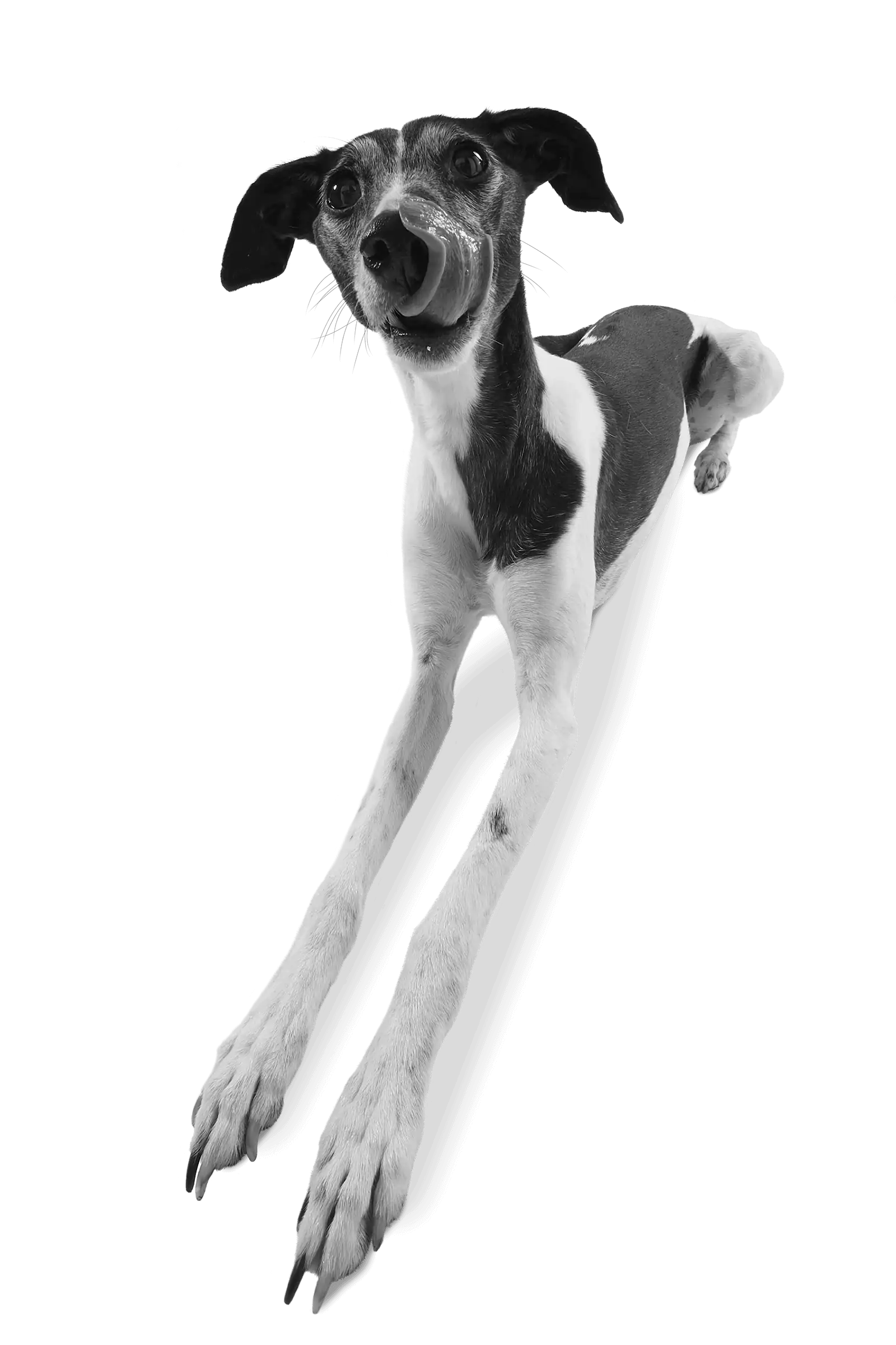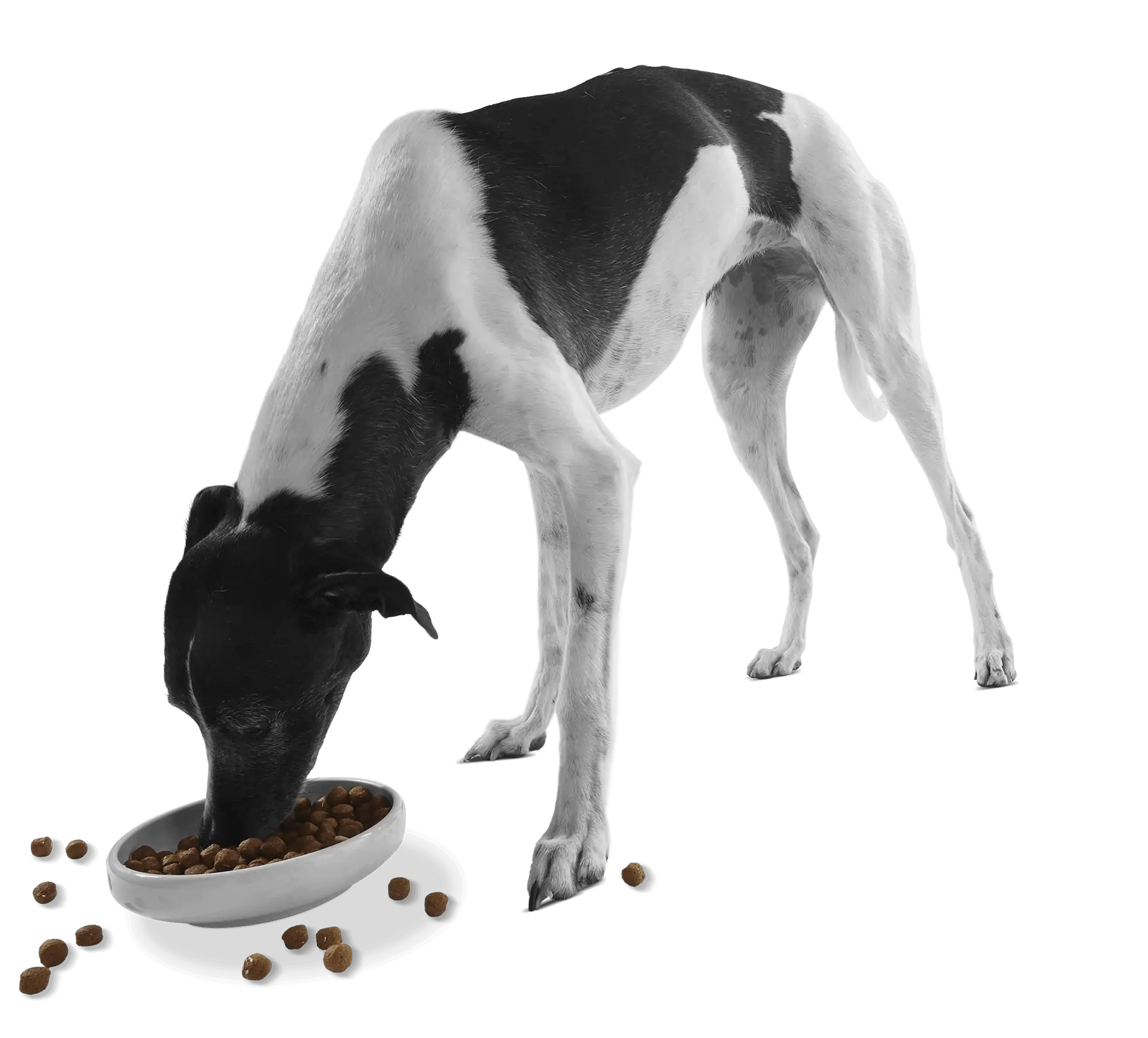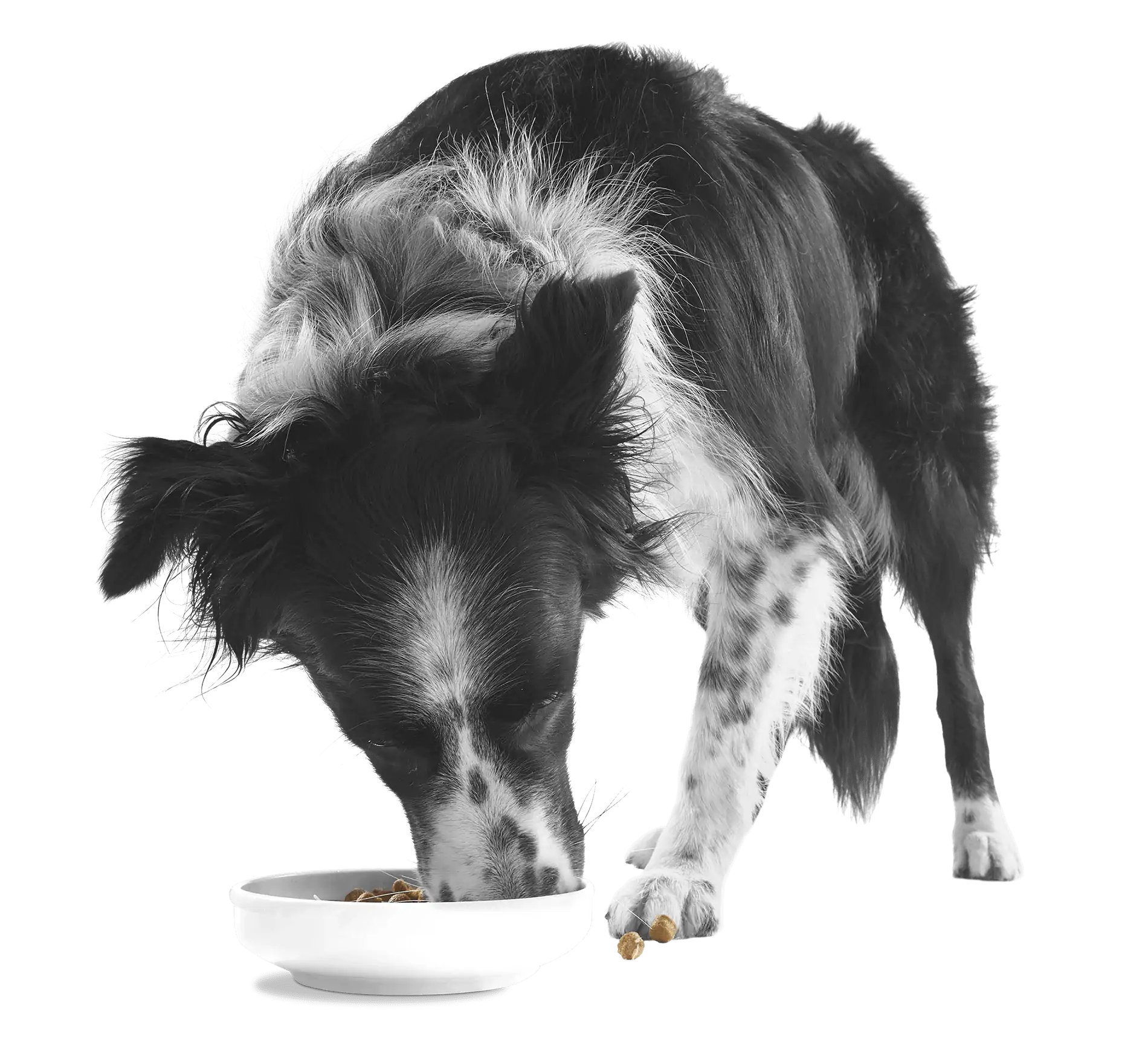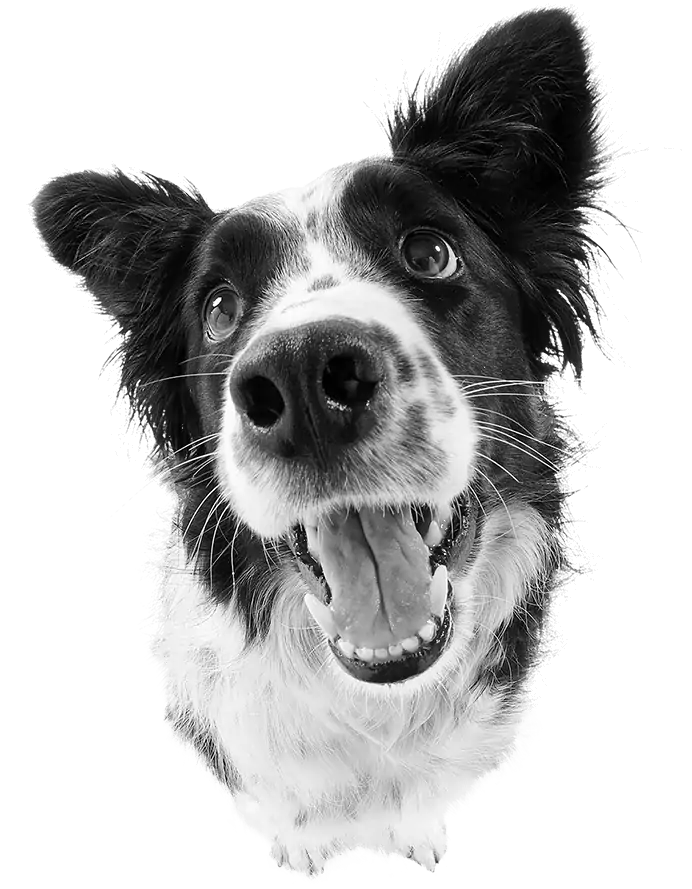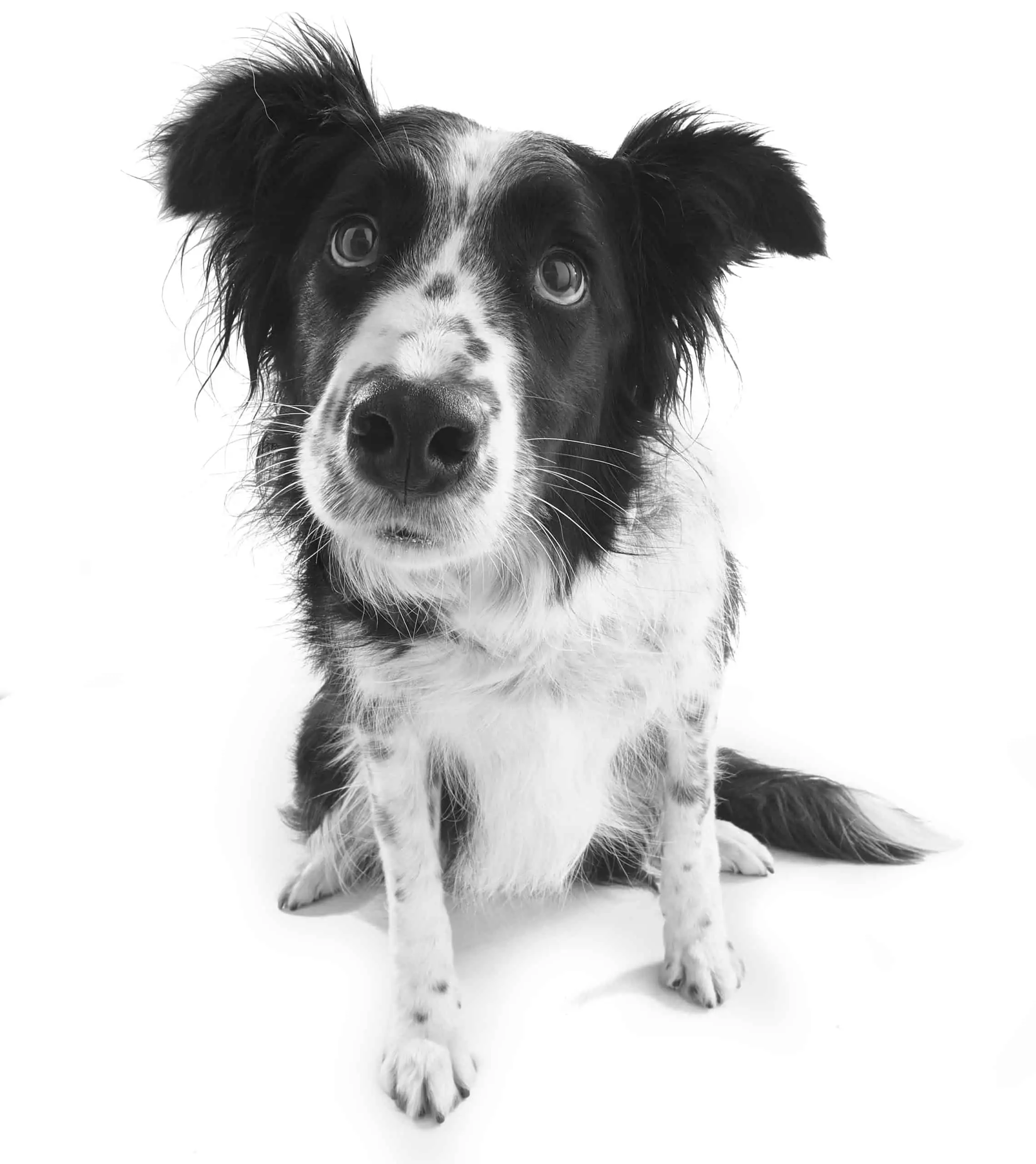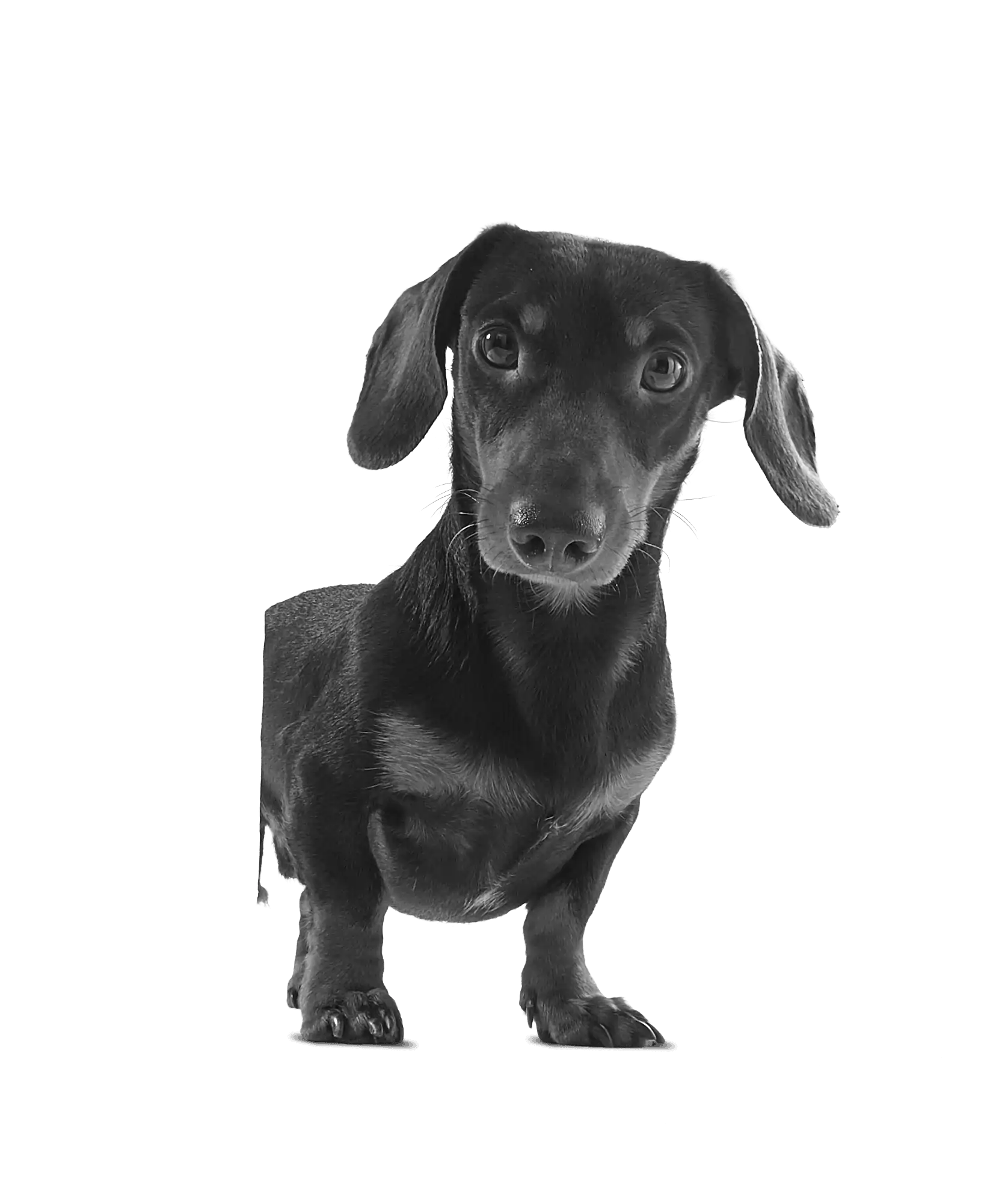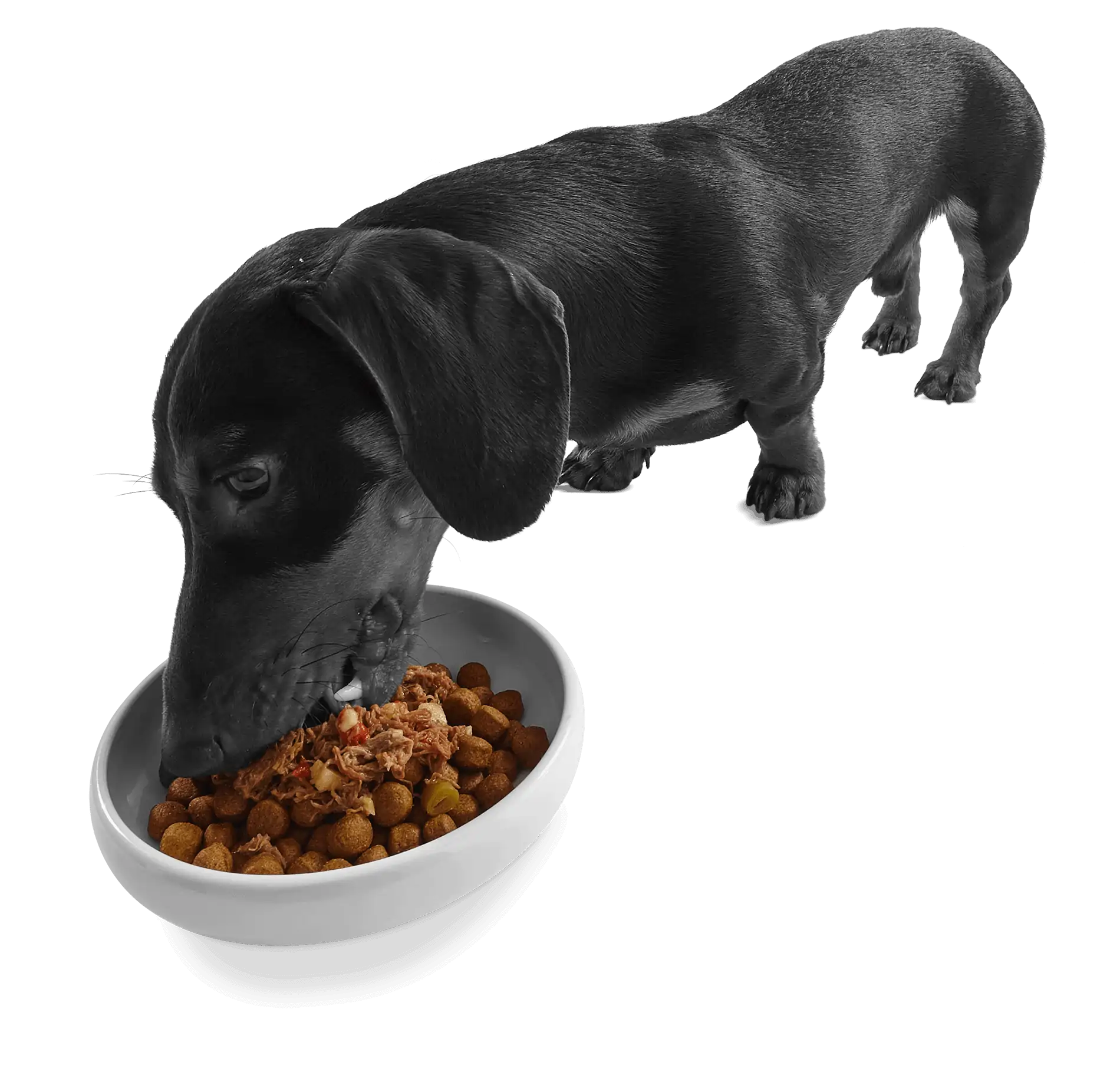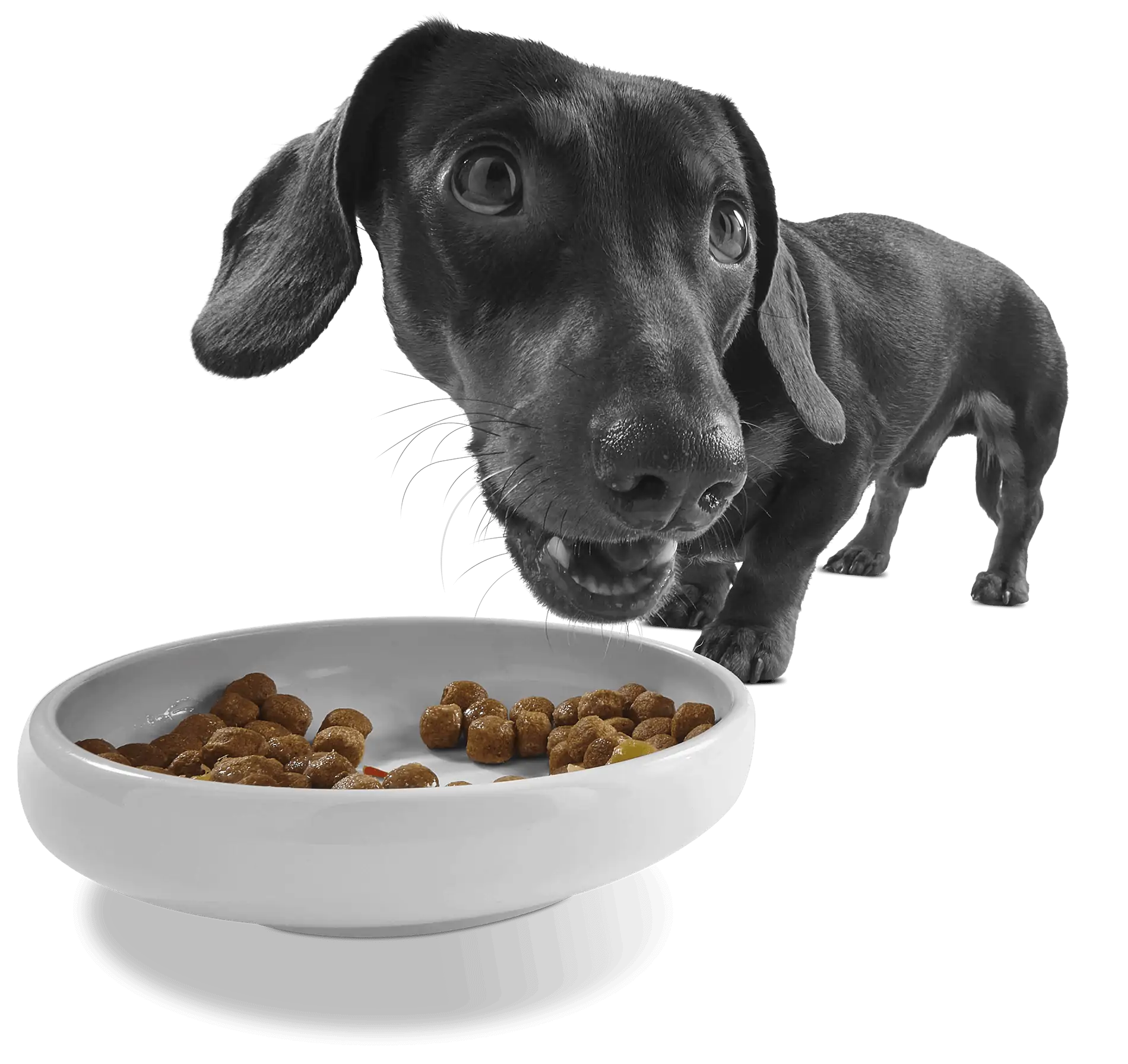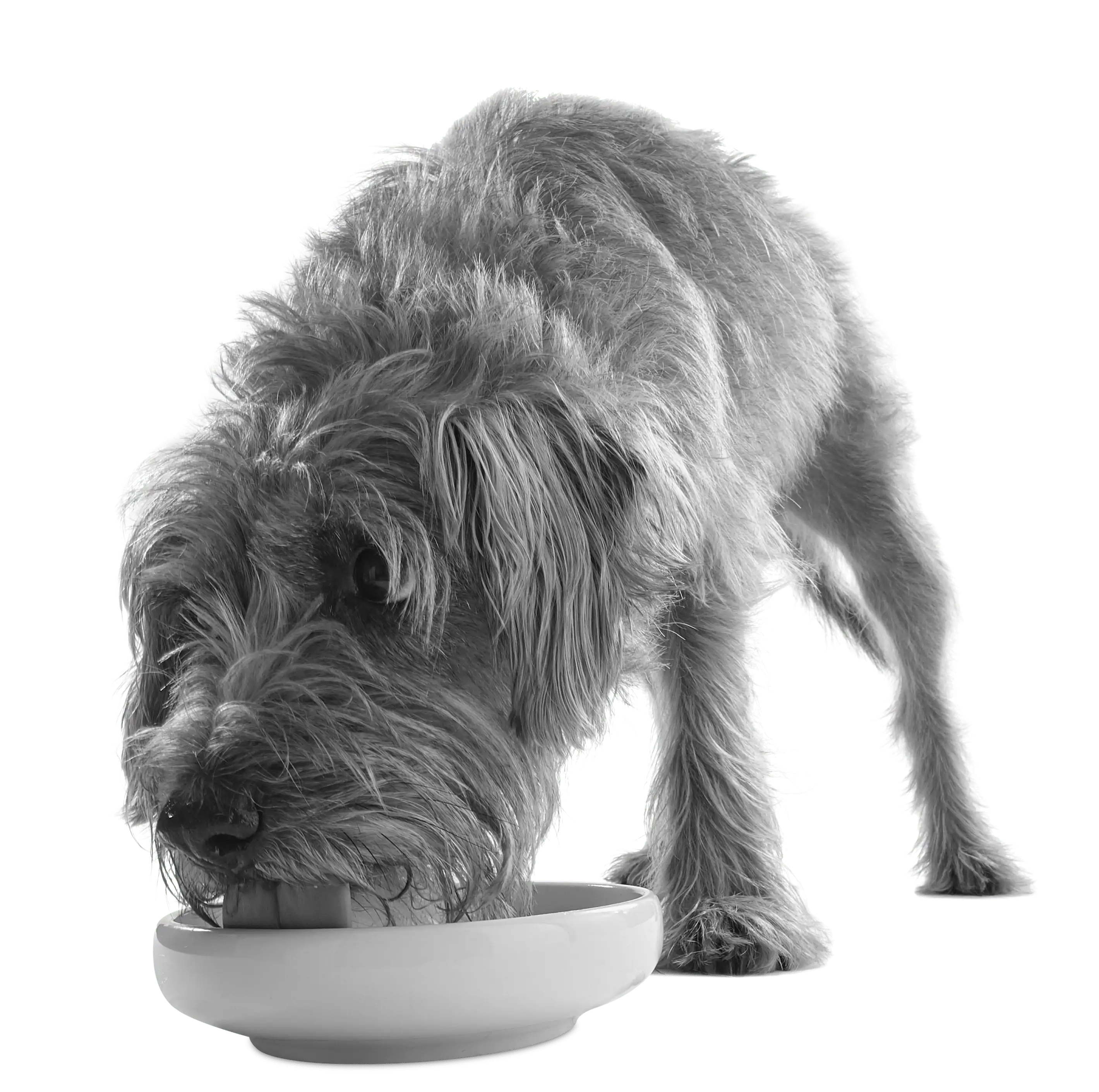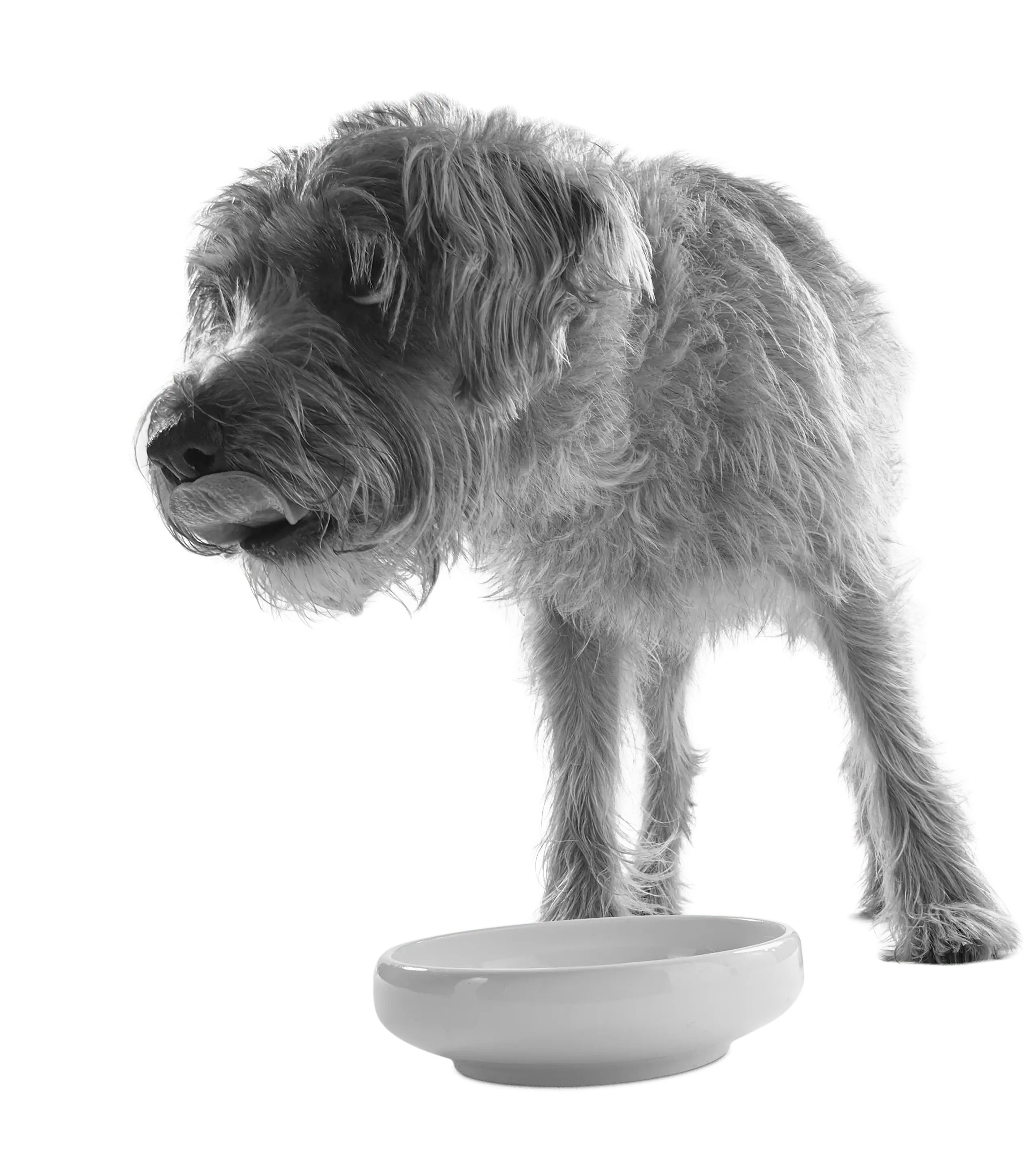A ‘hiccupping’ puppy sounds like a viral video you’ve stumbled across while scrolling social media sites.
This bizarre bodily behaviour is an unexplained phenomenon — in humans, dogs and other mammals — but it’s perfectly normal and more common in puppies than adult dogs.
Our canine cuties will sometimes get hiccups after eating or drinking too fast, when tiredness kicks in, when they are very excitable, or when their body temperature tumbles.
The diaphragm spasm, which causes the ‘hic’, doesn’t hurt our fur babies but, while the sound and sight of these contractions are endearing to us, they can grow to become quite annoying for young pups.
Are puppy hiccups the same that humans get?
Essentially, yes. There is a parallel between hiccups in puppies and humans.
The contractional cause, delivery and execution are very similar and they are just as difficult to control.
They don’t tend to require any treatment, they don’t cause pain, anxiety or distress and they’ll generally disappear within minutes.
Hiccups are annoying, but they are very rarely cause for alarm!
5 reasons why your puppy gets hiccups
- Eating too fast: If our famished four-legged family members take in too much air while feeding too fast, they’ll end up with a bout of the hiccups.
- Over-exuberance: Our little bundles of energy are generally playful little things. Their battery life is long-lasting, they’re full of va va voom and often engaging in heavy play, causing them to become over-excited and exerted, which can lead to the hiccups.
- Tiredness: On the opposite end of the scale, pups can develop the hiccups when they wind all the way back down and sleepiness strikes. This can be caused when yawning, due to the sharp intake of air.
- Cold: When temperatures plummet, and our pups start to feel the freeze, their breathing can often get deeper, or the cold can even take their breath away. This is when the ‘hic’ kicks in.
- Muscle contractions: Puppies’ muscles are understandably weaker, because their skeletal system is not fully developed and their bodies are not fully matured. This is what makes them more prone to muscle contractions and, in turn, the hiccups.
What can you do to stop or prevent your puppy from getting the hiccups?
There are plenty of old wives’ tales that suggest how hiccups can be cured in humans.
Holding your breath, pulling your tongue, or being scared/startled are all potential remedies if they are to be believed.
You wouldn’t, however, want to experiment with these prescriptions when it comes to your precious pups.
In fact, all three probably borderline on cruelty rather than treatment and would do your fur baby more harm than good.
More routine, or friendlier, approaches are available, though.
A nice tummy rub, or a gentle stroke over their head and back, can aid their breathing pattern, making it steadier and more rhythmic, which brings a calmness that forces the hiccups to subside.
Trying to encourage them to ingest their food slower, from smaller portions, can also play a part, as can getting them to drink water in a relaxed manner.
What should I do if my puppy keeps hiccuping?
Puppy hiccups are usually unproblematic.
They’ll come and go without causing too much controversy.
It can be difficult to prevent them, or even manage them, but there are methods to help nip them in the bud, or make them more controllable.
But if your hiccupping puppy does get the ‘hic’ for more than a few hours, or if you spot a noticeable change/irregularity in their breathing, then it’s important to book an appointment with your vet to get your puppy checked out.
If this guide was helpful, you’ll also enjoy:
